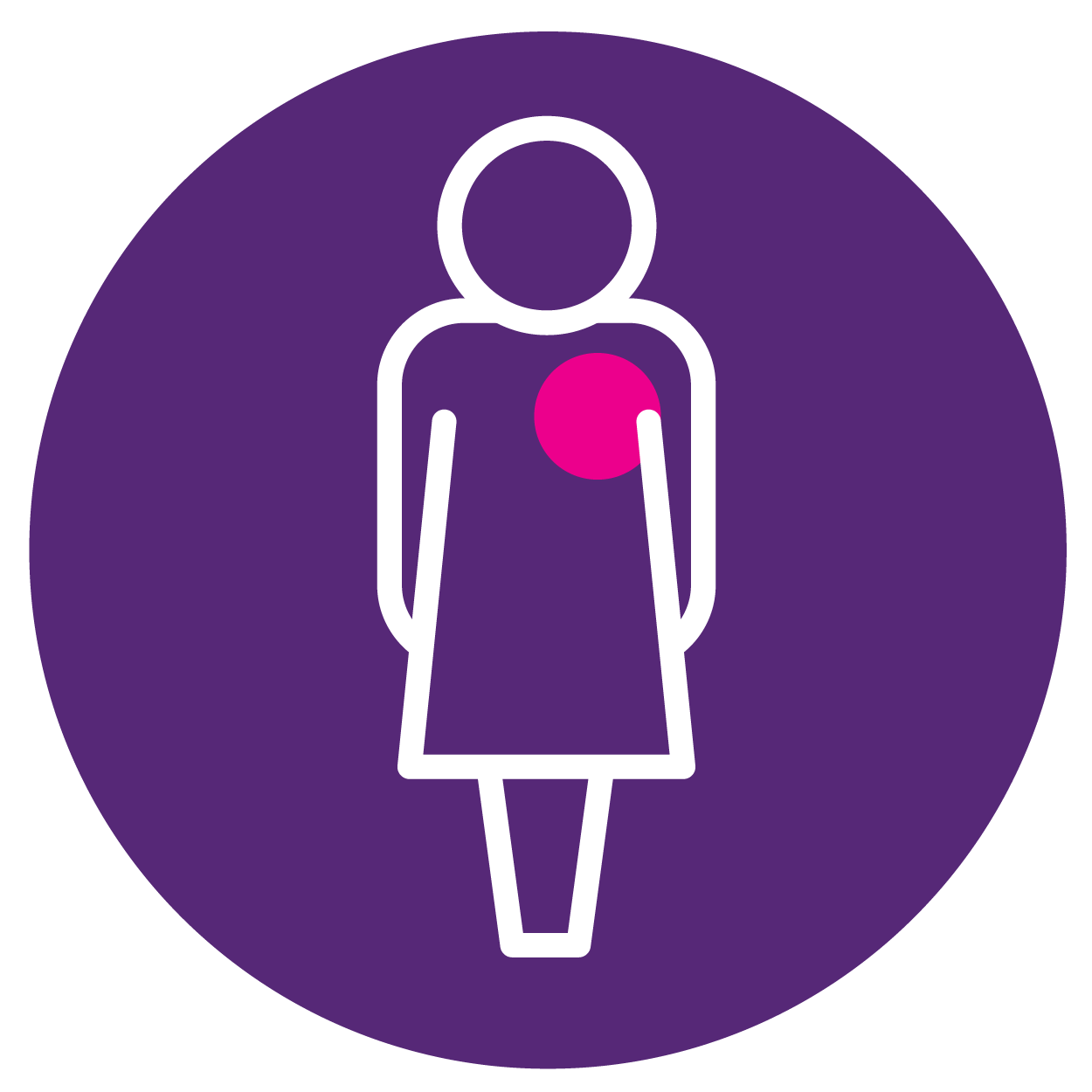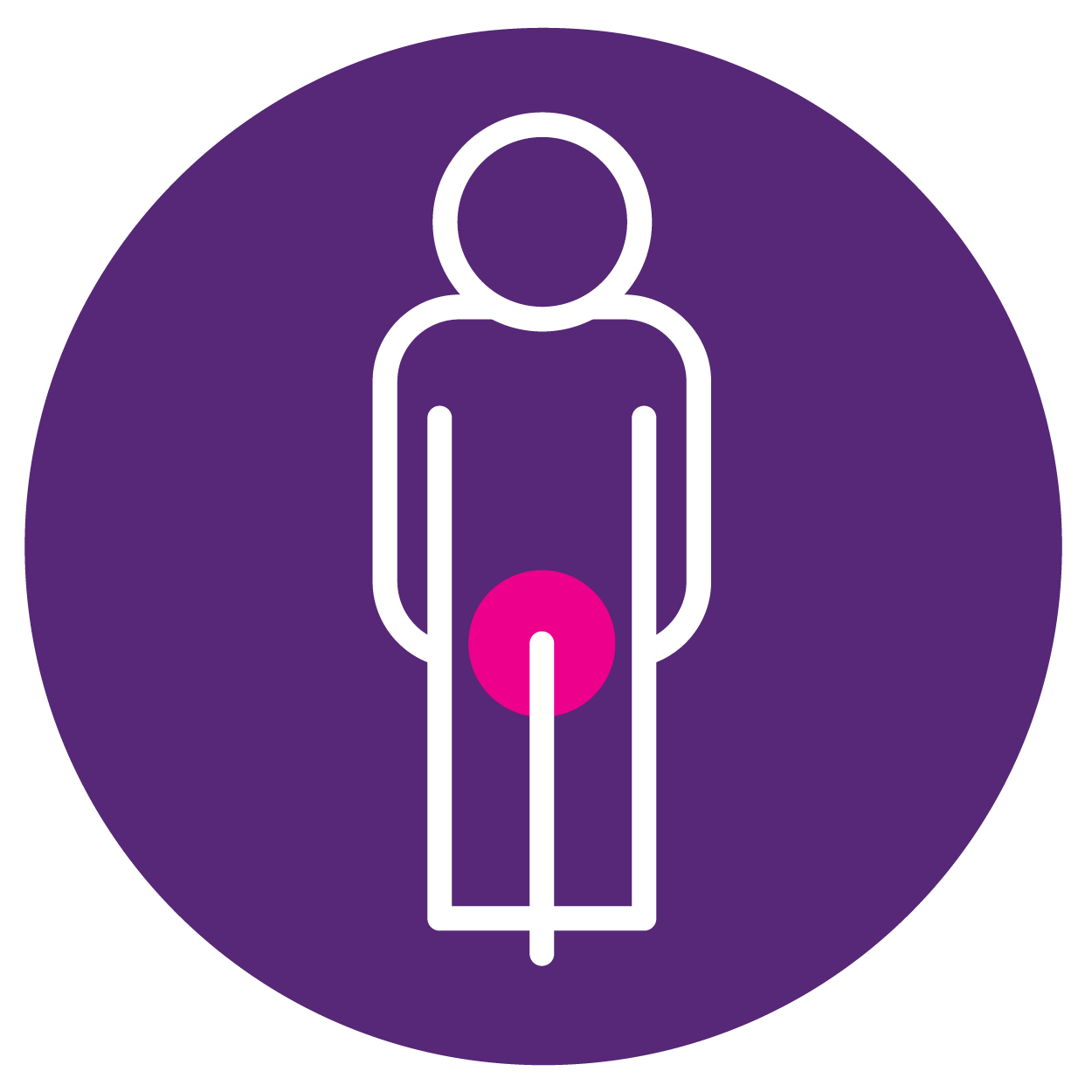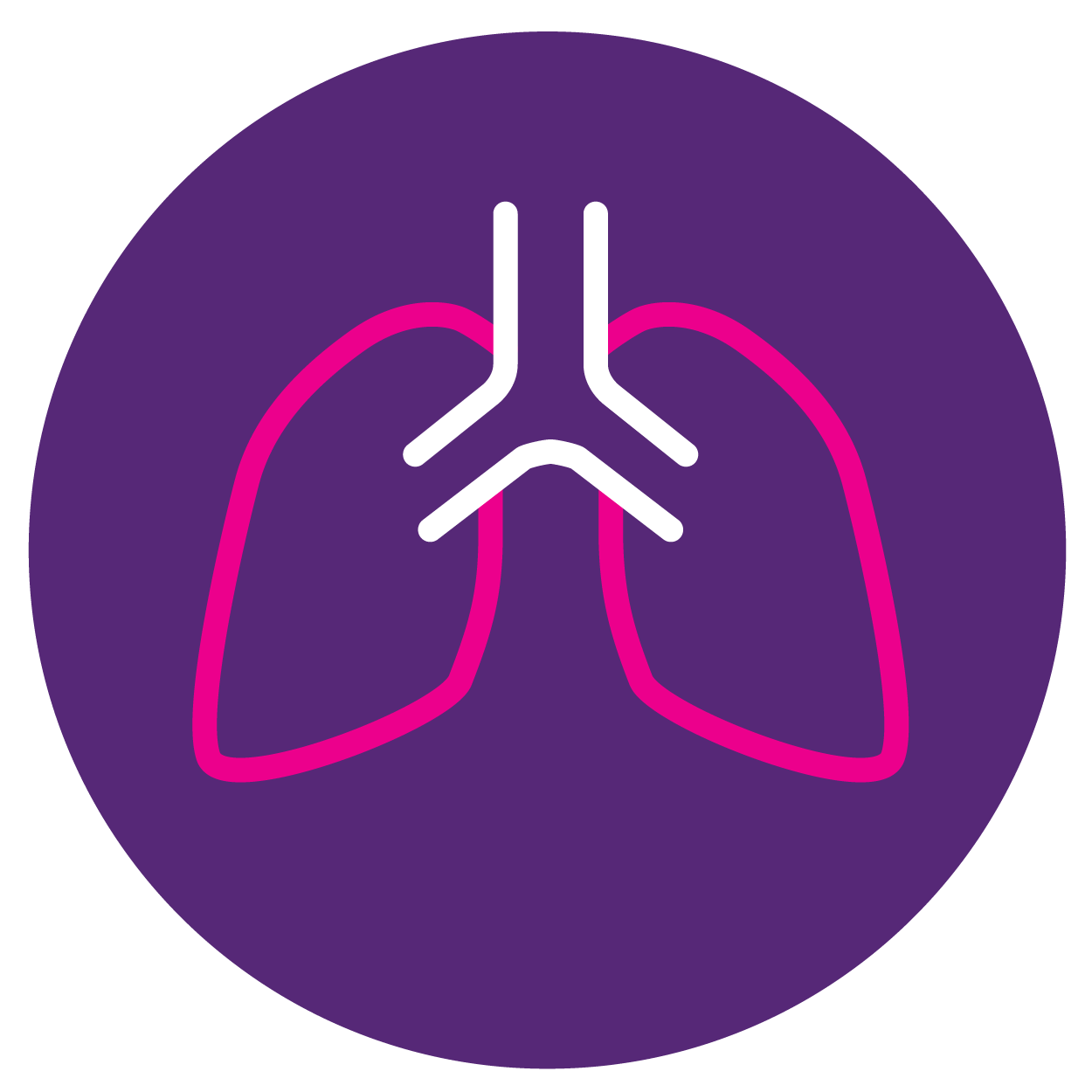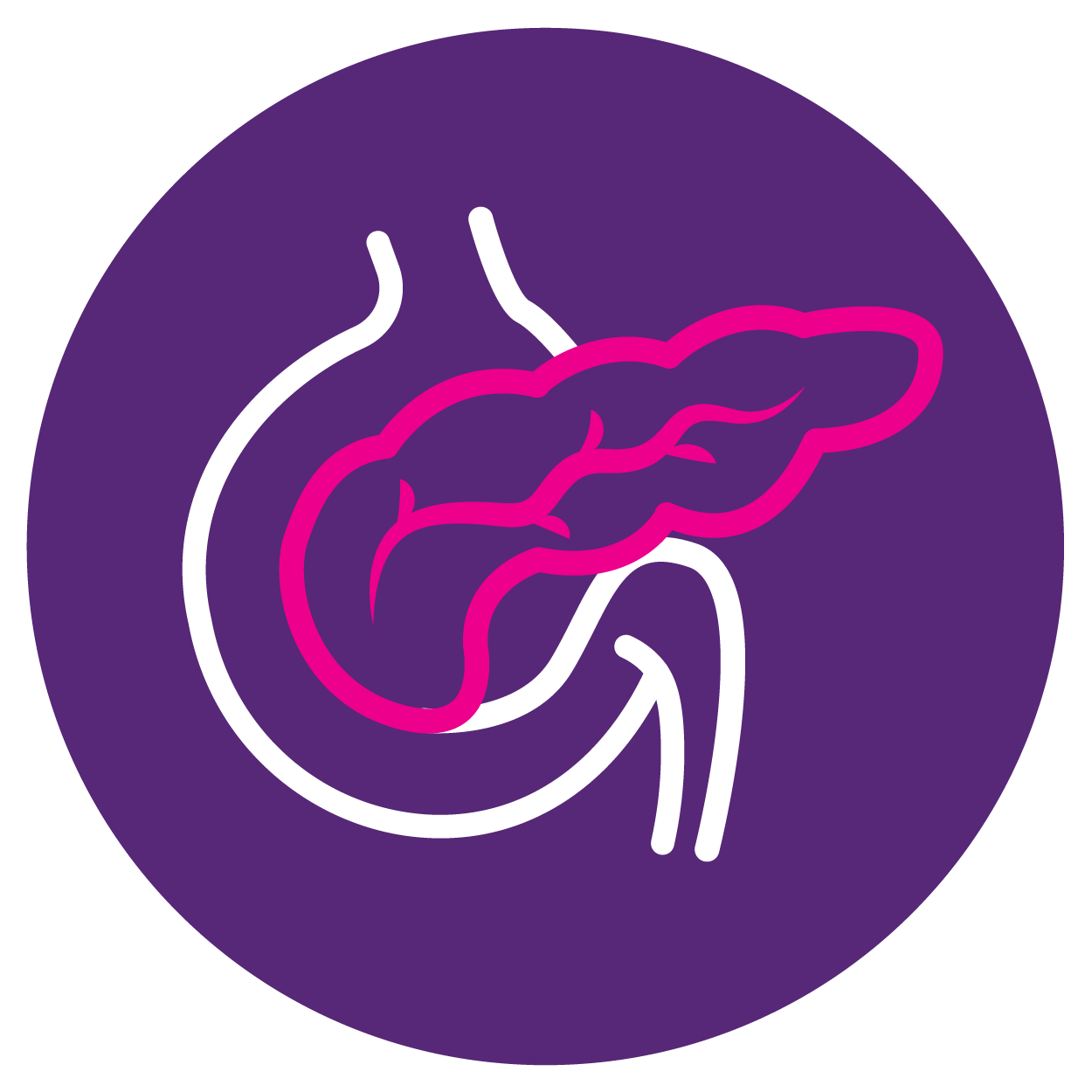Breast cancer
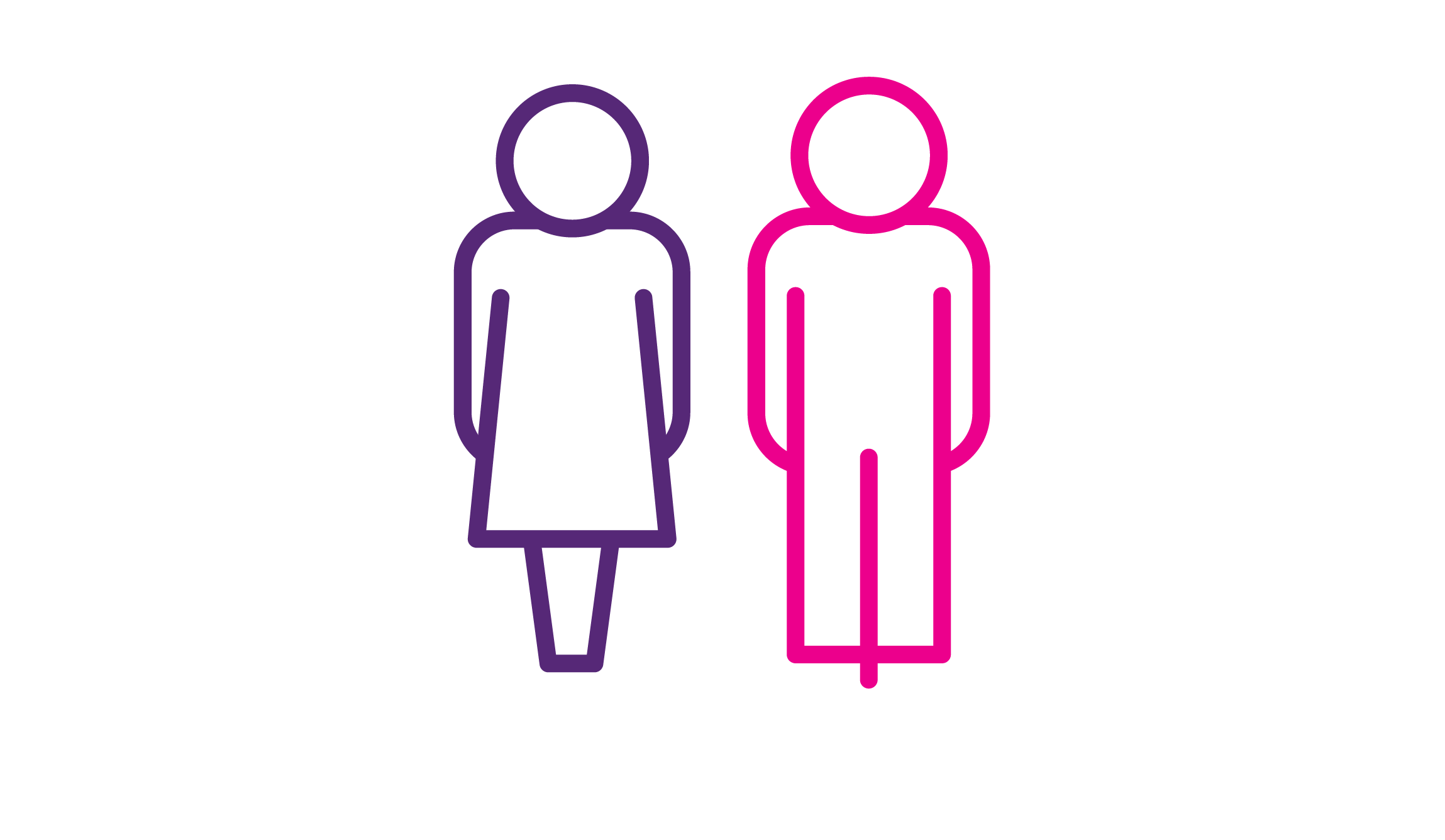
Cancer Cases
Cancer incidence rate refers to the number of new cancers cases occurring in a specified population during a given year, expressed as the number of cancer cases per 100,000 population.1
In 2018, the UK ranked 9th amongst the 31 European countries studied for the incidence of breast cancer, with 165 in every 100,000 women being diagnosed with the condition (ranging from 95 cases per 100,000 women in Romania to 204 per 100,000 women in Belgium).
The UK's incidence rate for this cancer type was higher than the European average of 156 per 100,000 women.
Downloads:
Notes:
- For this cancer type there is no information available on incidence at a country level for 1995
- The data only applies to female adults. Male breast cancer is not included
Reference for text:
1. National Cancer Institute. Cancer Incidence Rates.
References for graphs:
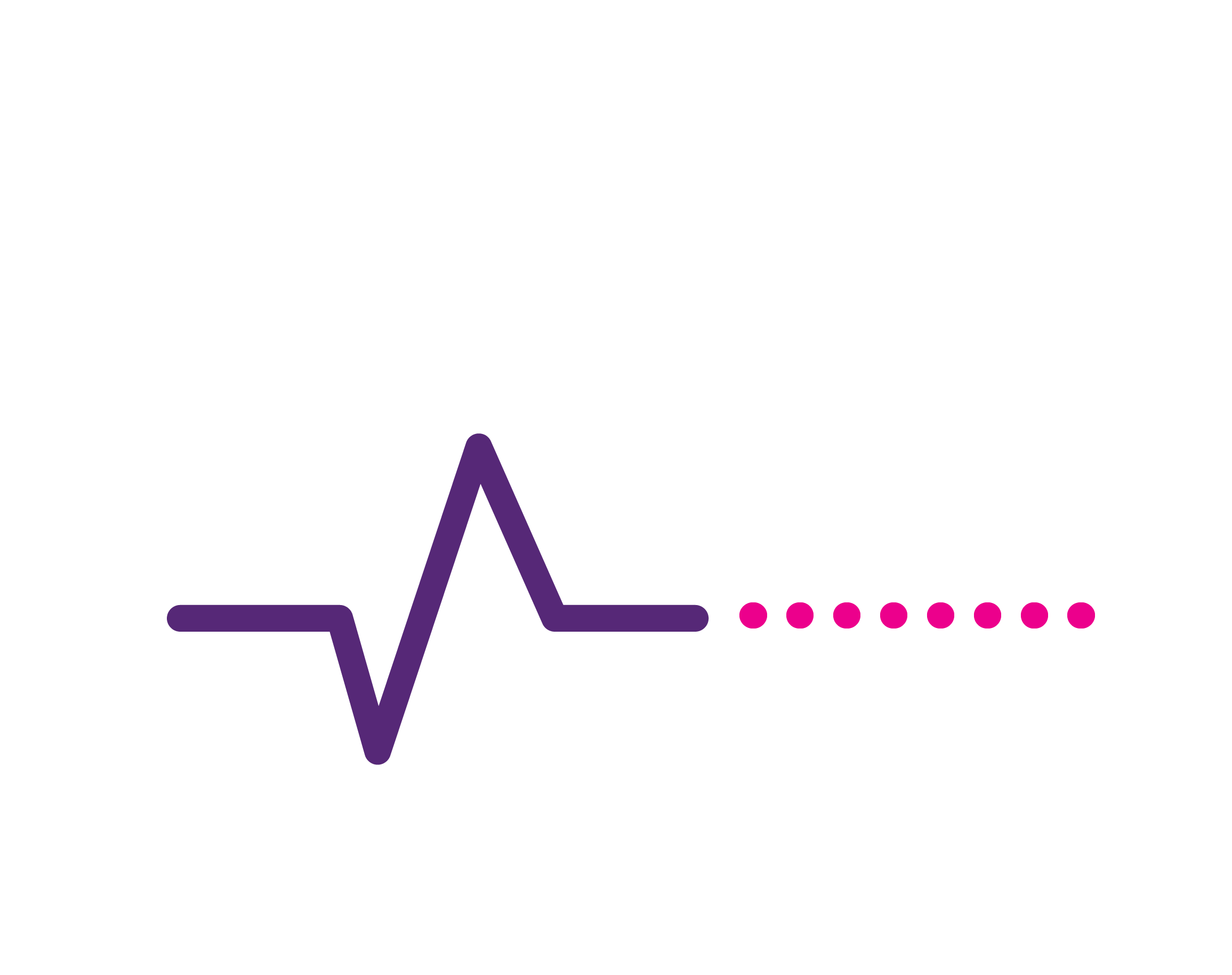 Cancer Deaths
Cancer Deaths
Cancer mortality rate refers to the number of deaths caused by cancer occurring in a specified population during a given year, expressed as the number of cancer deaths per 100,000 population.2
In 2018, the UK ranked 17th amongst the 31 European countries analysed for breast cancer mortality, with 35 in every 100,000 women dying from the condition (ranging from 24 deaths per 100,000 women in Norway to 51 per 100,000 women in Croatia).
The UK's mortality rate for this cancer type was lower than the European average of 38 per 100,000 women.
Downloads:
Notes:
- For this cancer type there is no information available on mortality at a country level for 1995
- The data only applies to female adults. Male breast cancer is not included
Reference for text:
2. National Cancer Institute. Cancer Mortality Rates.
References for graphs:
![]()
Cancer Survival
Survival refers to the percentage of people that were diagnosed with cancer in a given year and who are still alive after a certain period of time (here defined as 5 years or more after being diagnosed).3
Between 2010 and 2014, the UK ranked 15th amongst the 28 European countries studied for the 5 year survival post-diagnosis of breast cancer, with 86% of women surviving 5 years or more after being diagnosed with this cancer type (ranging from 74% survival in Lithuania to 93% in Cyprus).
Downloads:
Notes:
- There is no European average for 5-year survival because data for Greece, Hungary and Luxembourg is lacking
- The data only applies to female adults. Male breast cancer is not included
- The latest data collected by IHE was for the 2010-2014 5-year period
Reference for text:
References for graphs:
- Allemani, C et al. Global surveillance of cancer survival 1995-2009: analysis of individual data for 25 676 887 patients from 279 population-based registries in 67 countries (CONCORD-2)
- Allemani, C et al. Global surveillance of trends in cancer survival 2000-2014 (CONCORD-3): analysis of individual records for 37 513 025 patients diagnosed with one of 18 cancers from 322 population-based registries in 71 countries
![]()
Uptake of Cancer Medicines
The uptake of breast cancer medicines was analysed as sales in standard weekly doses (SWD) per cancer case in individual countries and is displayed in the below graph cumulatively.3
In 2018, the UK's cumulative uptake of breast cancer medicines analysed ranked 12th amongst the 26 European countries studied.
The UK's cumulative uptake for breast cancer medicines was the lowest amongst the other EU5 countries – Italy, Germany, France and Spain.
Downloads:
Notes:
- The breast cancer medicines analysed by IHE were trastuzumab, trastuzumab emtansine, ribociclib, pertuzumab and palbociclib
- IHE selected a range of medicines launched between 2005-2015 that were identified by oncologists to represent accepted standard treatments and had high volumes of use across European countries. This selection process led to the variation in the number of individual medicines selected for each tumour type. Data was then collected from each country to highlight variation in volumes used as presented in these charts
Reference for text and graphs:
Last modified: 20 September 2023
Last reviewed: 20 September 2023

